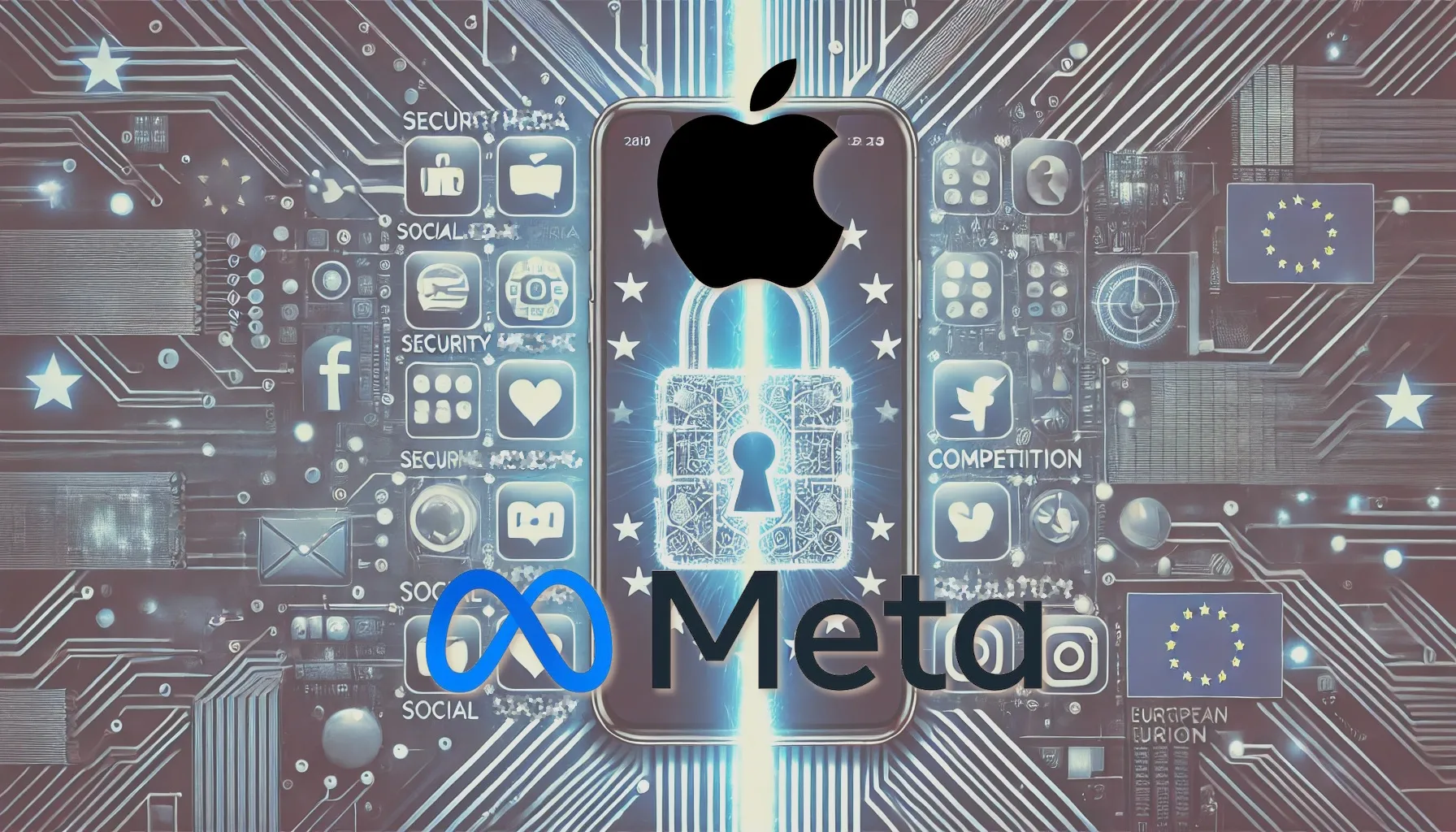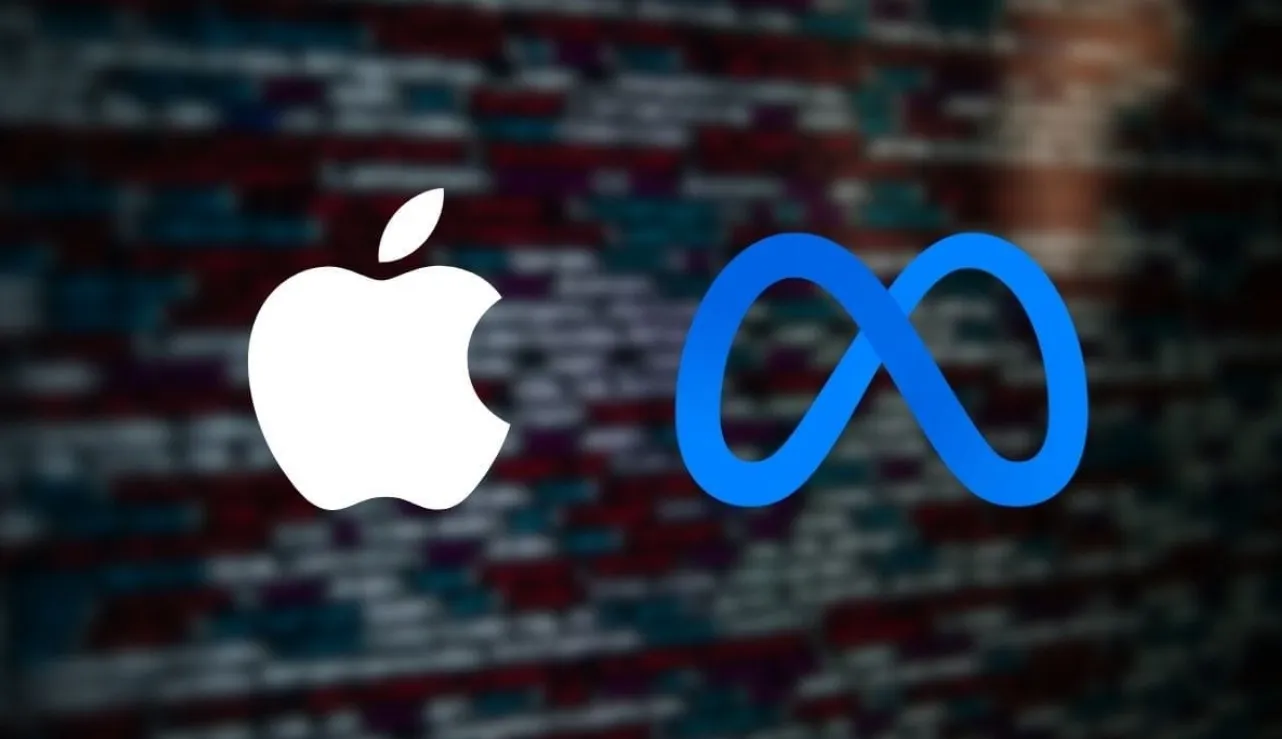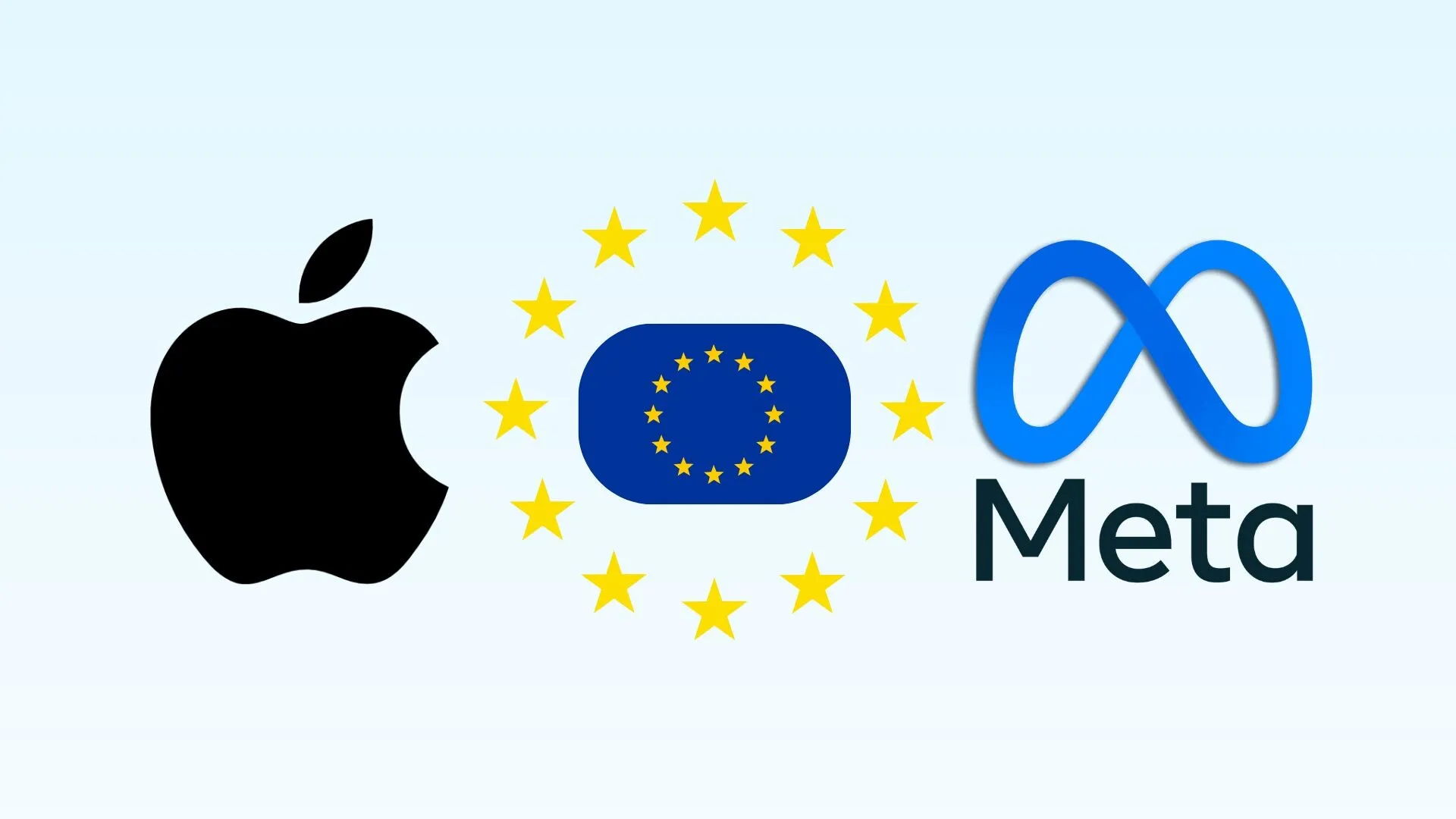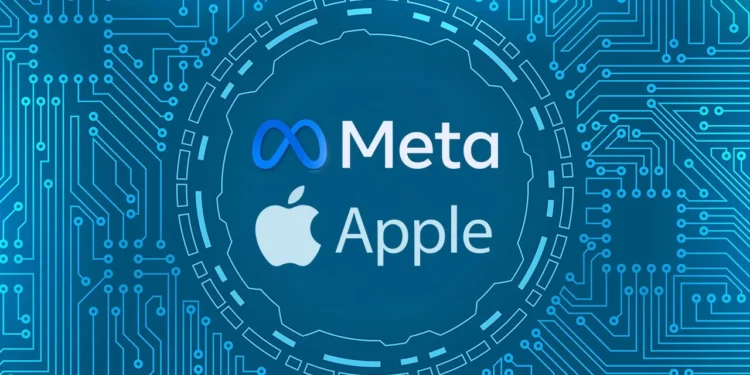The Digital Markets Act, a pivotal regulation by the European Union, aims to foster a more competitive digital market. One of its key provisions requires major players like Apple to allow interoperability with third-party services. This means rivals and independent app developers must be able to integrate their products with Apple’s platforms, potentially increasing consumer choice but also raising concerns about security and privacy.
Apple has been particularly vocal about the risks this poses to user privacy. According to a statement provided to Reuters, the company outlined a doomsday scenario where complying with all interoperability requests from Meta could lead to unprecedented access to user data. Apple fears that this could allow Meta to monitor every aspect of a user’s digital life—from messages and emails to calendar events and passwords.

Meta’s Counterargument: Advocating for Interoperability
Meta, on the other hand, has issued 15 interoperability requests, more than any other company, positioning itself as a proponent of openness in the tech ecosystem. The social media conglomerate argues that Apple’s resistance is less about protecting privacy and more about maintaining a monopoly over its ecosystem. Meta suggests that Apple’s privacy defense is a smokescreen for anti-competitive practices, a stance that challenges Apple’s long-established public image as a guardian of user data.

Regulatory Intervention and Future Directions
The debate over interoperability is not just a corporate squabble but a significant policy issue that the EU is actively addressing. The European Commission has laid out preliminary guidelines on how Apple should proceed with interoperability requests. These guidelines demand transparency from Apple regarding the processes and criteria for evaluating these requests, with a comprehensive review set for March to determine if Apple has met its obligations under the DMA.

Looking Ahead: Implications for the Tech Industry
As the deadline for public debate looms, the tech industry watches closely. The outcome of this conflict could redefine the boundaries of operation for tech giants in Europe and possibly globally. The balance between fostering innovation and competition while safeguarding user privacy remains a contentious issue, reflecting broader tensions in an increasingly digital world.
The stakes are high, and the ramifications of this dispute will likely ripple across the tech landscape, influencing how companies operate and how they protect—or exploit—user data. As regulators, companies, and consumers grapple with these issues, the resolution of the Apple vs. Meta standoff will be a key indicator of the direction of digital policy in the coming years.










